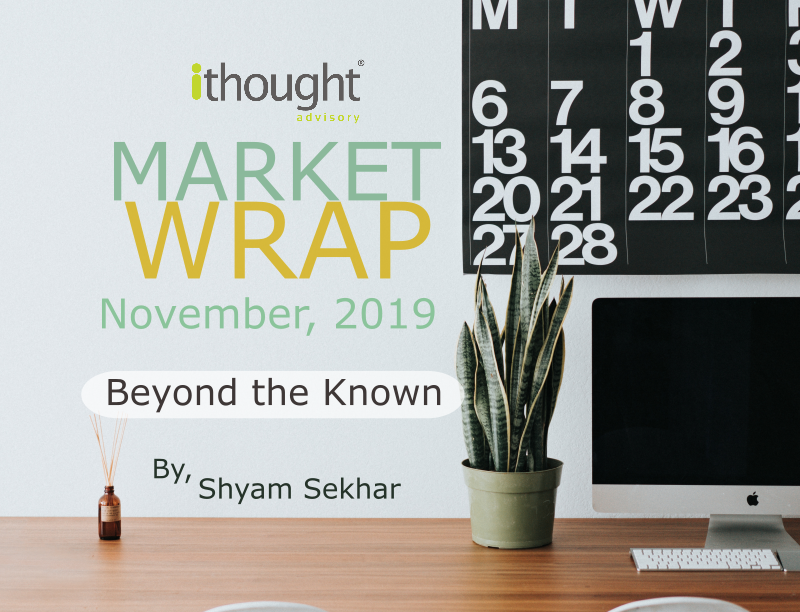
When bad news is expected, its arrival is likely to be a non-event. The news of poor GDP numbers for Q2 falls squarely in that category. But markets will always move ahead and start anticipating the next bit of news. This move significantly impacts sentiment. The market trend would reflect any rehearsed move towards expecting more bad news. Or, there could be a helicopter moment where the markets think that the bad news is well known anyway.
The markets will then move on to focus on other things. At the individual level, this includes valuations, asset allocation, and risk appetite. At the FII level, it encompasses Emerging Market allocations, exchange rates, interest rates and relative comparison across countries. Both these approaches will determine the broader market trend in December and beyond. In the prevailing economic context, we should observe the preferred approach of individual domestic investors and the strategies FIIs choose.
You may wonder whether this is even open to debate. But that is the story of equity investing. Situations arise in market cycles when the market context may supersede and move ahead of economic fundamentals. Given the very divided state of valuations in the present market context, this trend shift can surprise even seasoned market watchers. As a market participant, each of us is well advised to focus on how the market gets ahead of the economy. After all, the market always stays ahead of the economy.